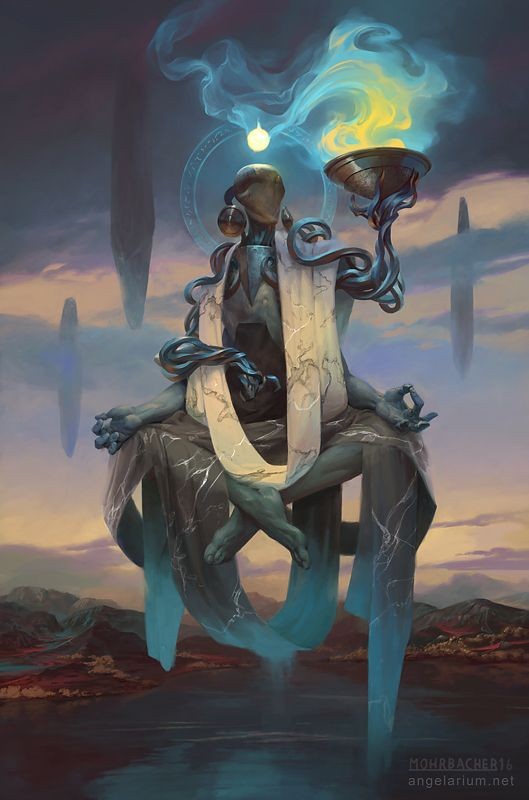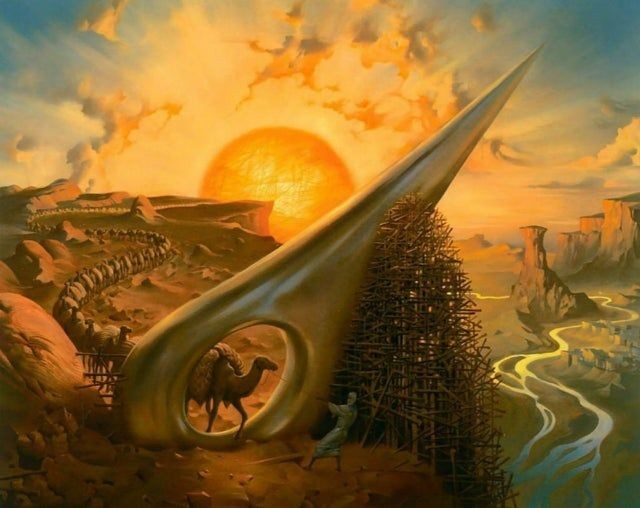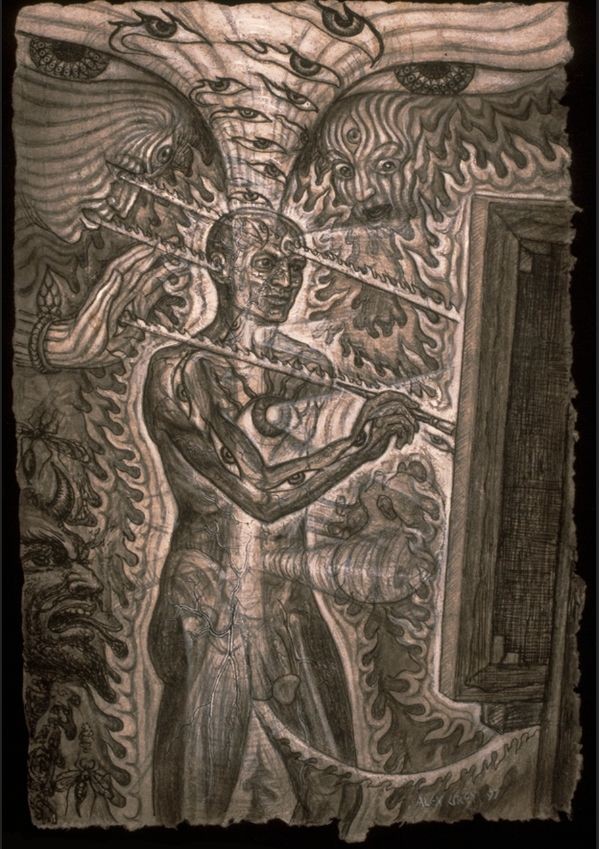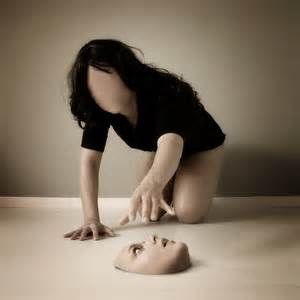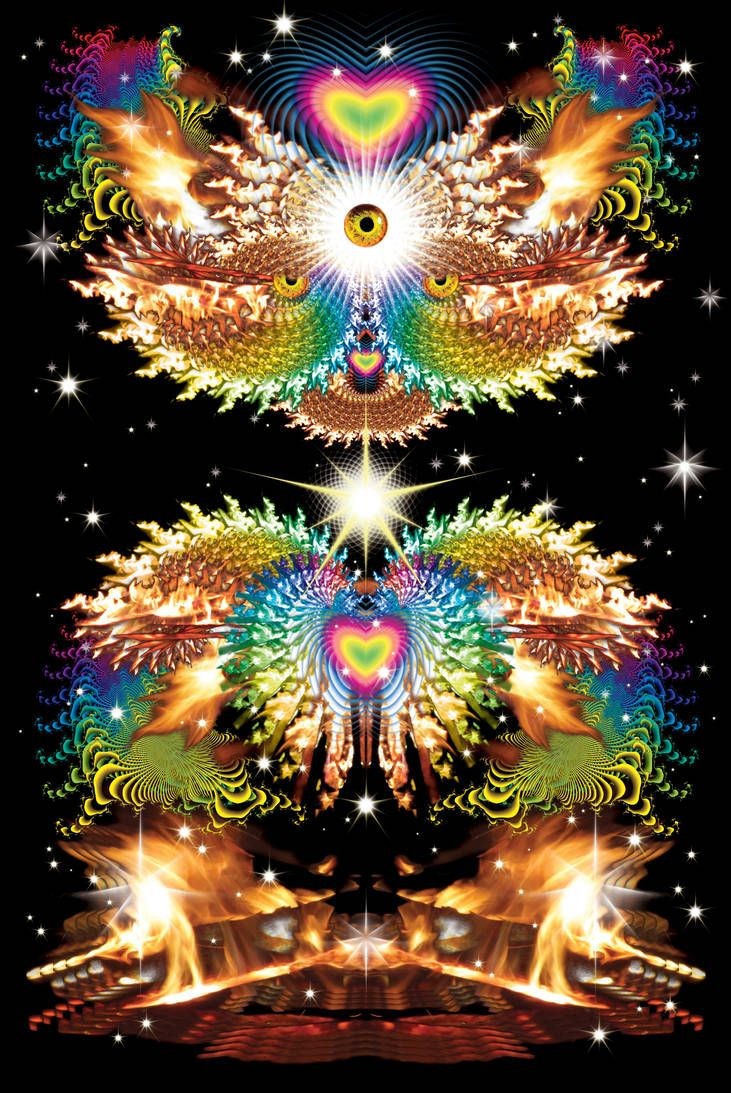
Whispering thread. Final chapter. Atto XXXV
Our normal sense of the person as a lonely island of consciousness, is a dramatic illusion based on theological imagery.
Alan Watts
Once, Shakyamuni Buddha was asked to describe consciousness.
Consciousness is a kind of clear energy
Our normal sense of the person as a lonely island of consciousness, is a dramatic illusion based on theological imagery.
Alan Watts
Once, Shakyamuni Buddha was asked to describe consciousness.
Consciousness is a kind of clear energy
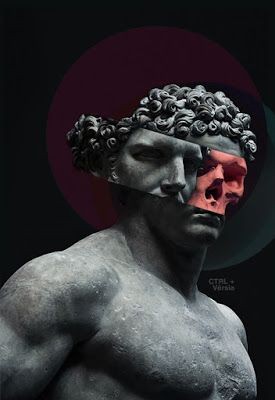
that takes the reflection of all existent phenomena, even though it doesn’t have form or color itself. Ego-consciousness is consciousness but has to be eradicated. From the Buddhist point of view, the Ego is a negative aspect of consciousness that gradually has to be abandoned. 
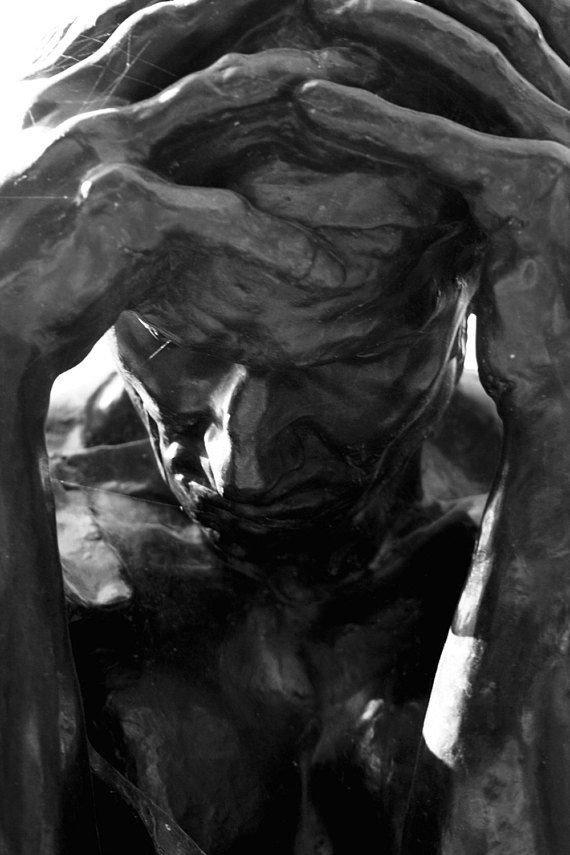
Pure consciousness continues to flow like crystalline water, from life to life. The Ego pollutes the water and could become the dam that keeps us from our journey and must be eradicated. It is the source of all conflit and confusion. 
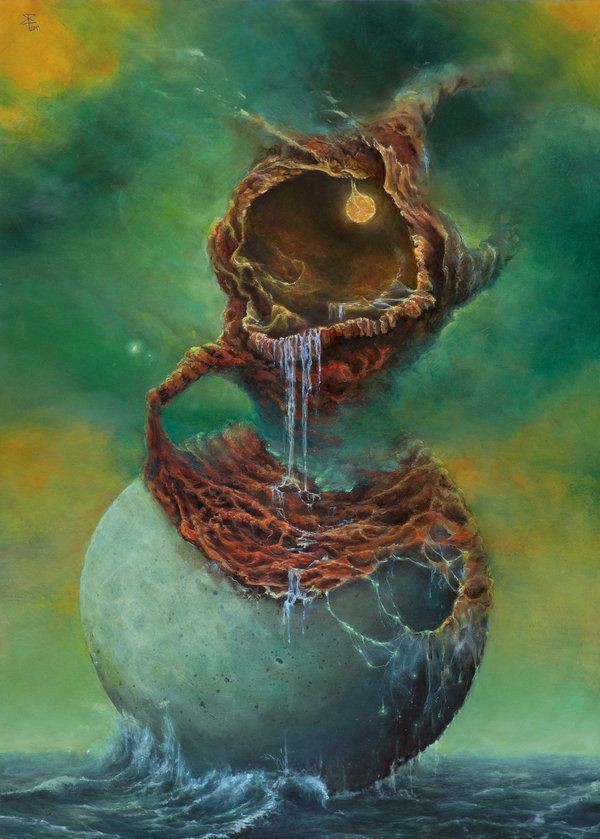
We have to choose the right time to transfer our consciousness; we’re not allowed to do it at the wrong time because that becomes suicide. Not to be confused with the theory of Quantum suicide. There are specific times and scientifically determined signals of impending death 

that indicate when it’s appropriate to engage in po-wa; there are detailed explanations of the internal and external signs that arise to show that the end of a life may be near. You should know that within us resides the possibility to change this situation. 
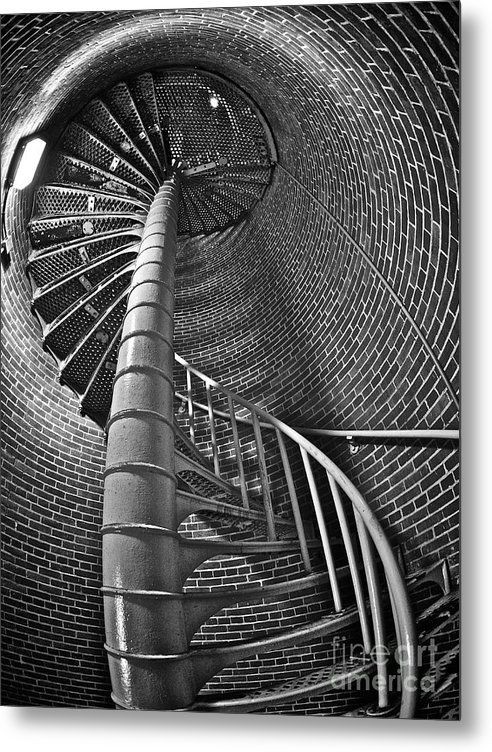
Life is an energy force; when it dwindles we can reactivate it through our nervous system. Yogis have methods for extending life and postponing the onset of death. A knowledge that has to be acquired during the journey to full awareness.
So why transfer the consciousness?
So why transfer the consciousness?
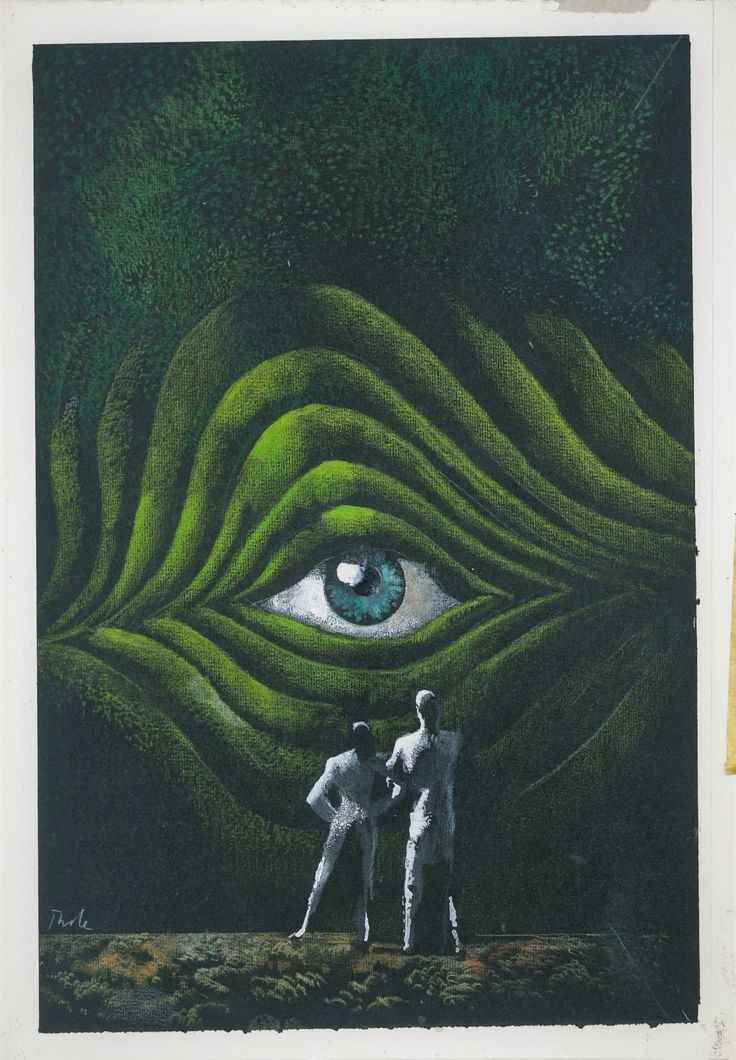
Death is coming; natural transference of consciousness is coming anyway, so why employ these methods? The reason is that we usually die because of illness, and if it’s too advanced it overwhelms us and we can’t cope. So before our disease has progressed to that point, while we’re 
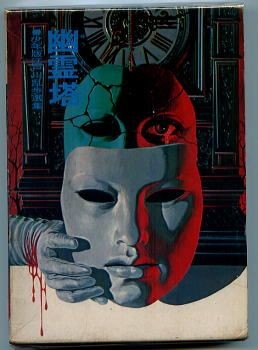
still in relatively good condition, we transfer our consciousness at that time. Otherwise it’s like committing suicide. So we should not practice po-wa without a proper understanding of the signs of impending death, but when we’re lucid and still in control, then we use it. 
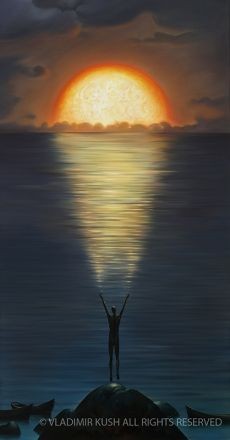
And now for a more scientific approach, introducing Dr Peter Fenwick, a highly regarded neuropsychiatrist who has been studying the human brain, consciousness, and the phenomenon of near death experience (NDE) for quite a long time. He believes that consciousness actually exists 
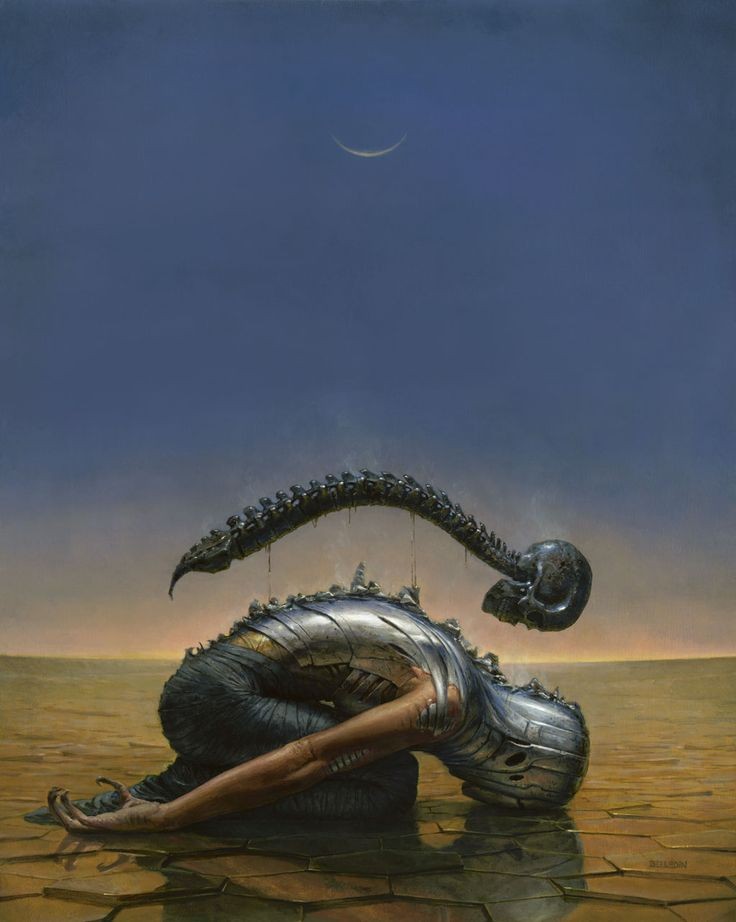
independently and outside of the brain as an inherent property of the universe itself. Hence, in Fenwick’s view, the brain does not create or produce consciousness; rather, it filters it. There are some analogies that bring the concept into sharper focus. For example, the eye 
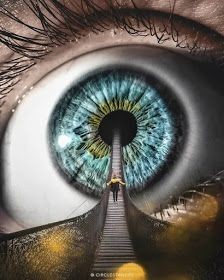
filters and interprets only a very small sliver of the electromagnetic spectrum and the ear registers only a narrow range of sonic frequencies. Similarly according to Fenwick the brain filters and perceives only a tiny part of the cosmos’ intrinsic consciousness. The Divine spark 
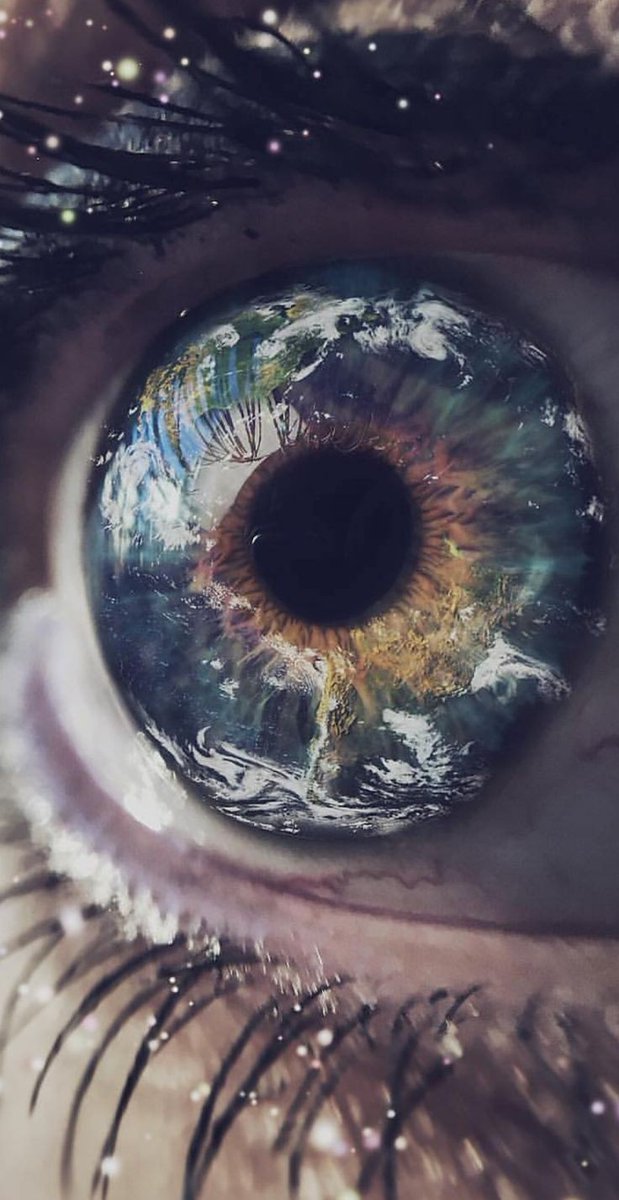
To be continued. Good night.
Everything flows, out and in; everything has its tides; all things rise and fall; the pendulum swing manifests in everything; the measure of the swing to the right is the
measure of the swing to the left; rhythm compensates.”
The Kybalion.
Everything flows, out and in; everything has its tides; all things rise and fall; the pendulum swing manifests in everything; the measure of the swing to the right is the
measure of the swing to the left; rhythm compensates.”
The Kybalion.
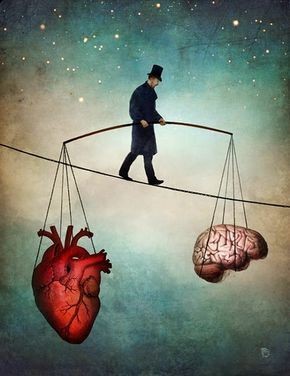
• • •
Missing some Tweet in this thread? You can try to
force a refresh



